Subsoil interventions in the Netherlands have recently been politicized. This can be seen in fierce turmoil about gas mining and subsequent earthquakes in Groningen, discussions on shale gas, cancelled CO2 storage in Barendrecht and recent controversy between the Ministry and local government over the proposed gas extraction in Smallingerland. All these examples show local protests, postponement or adjustment of initiatives and a lot of media attention (see e.g. Daamen et al., 2010; Paukovic et al., 2011; Metze & Turnhout, 2014; Van Os, 2018). Following this, subsoil interventions in the Netherlands can be characterized as “win-lose” situations, where the benefits go to (inter)national private sector initiators and national government, without local stakeholders directly benefiting. The burden of these interventions, such as nuisance and safety risks, often affects the immediate residents (see e.g. Tweede Kamer, 2015, Algemene Rekenkamer, 2020). This is all the more problematic, because the desired transition to sustainable energy in the Netherlands requires many new interventions in the subsoil, such as the extraction of geothermal energy and the storage of sustainable energy. This raises the question what the main reasons for these tensions are and how governments within the Dutch mining planning process can anticipate on them. In this article, we investigate these questions. We do this by examining two cases from the perspectives of network management and local acceptance.
